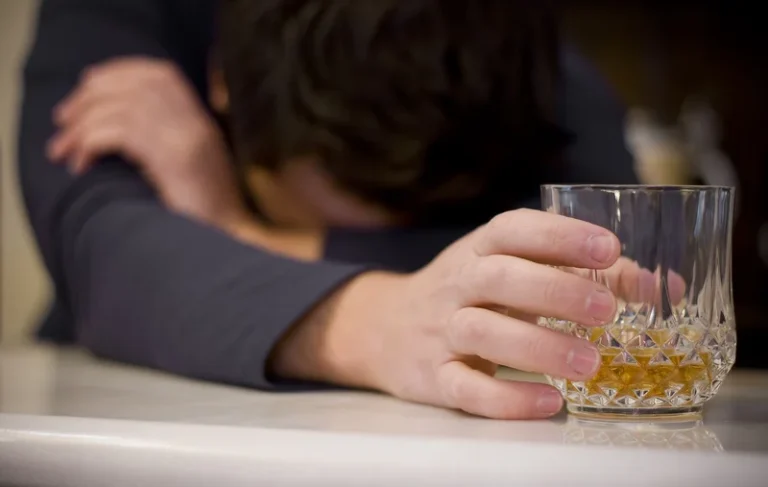
These symptoms can be managed using anti-psychotic medications and will usually resolve within a week of ceasing stimulant use. Stimulants are drugs such as methamphetamine, amphetamine and cocaine. Although these drugs vary in their effects, they have similar withdrawal syndromes.
Acute withdrawal
It can also help you learn to identify psychological triggers that may cause you to relapse so that you can avoid them in the future. Protracted withdrawal is a long-term withdrawal syndrome that may come and go for several months. Intensive and outpatient environments allow people to explore their thoughts, feelings, and behaviors related to using, learn coping and problem-solving skills, and develop a relapse prevention plan. After detox, a patient may begin treatment at a residential or intensive outpatient facility.
Medical detox

Many people become disbaled during this time, unable to maintain work or other functioning, sometimes for years. The benzo withdrawal timeline varies but generally spans weeks to months. The acute phase peaks in a few weeks, followed by a subacute phase lasting weeks to months. Some may experience protracted symptoms that persist beyond the typical timeline.
Overall effects on everyday life
Benzo withdrawal symptoms can depend on the dosage and how long you have been taking them. Common symptoms include muscular pain, sleep problems, and mood changes. In more severe cases, withdrawal can cause confusion, paranoia, hallucinations, and seizures. If you take an intermediate-acting benzodiazepine, like alprazolam, or a long-acting benzodiazepine, like diazepam, it may take longer for withdrawal symptoms to appear. If you want to stop taking benzodiazepines after consistent long-term use, your doctor can help you gradually taper off your medication. Tapering can help take the edge off withdrawal symptoms like tremors and nausea, though it may not prevent withdrawal symptoms entirely.
Benzo Withdrawal and Sleep
- In an agitated patient, neuroleptics such as haloperidol 5 mg IV or intramuscularly (IM) may be added to sedative-hypnotic agents as an adjunctive therapy.
- Calls to any general helpline will be answered or returned by one of the treatment providers listed, each of which is a paid advertiser.
- In more severe cases, withdrawal can cause confusion, paranoia, hallucinations, and seizures.
- Considered a replacement for barbiturates when developed, benzodiazepines were widely considered non-addictive until the early 1980s.
- Other benzodiazepines commonly used for alcohol withdrawal include chlordiazepoxide (Librium), diazepam (Valium), and oxazepam.
Some people who use inhalants regularly develop dependence, while others do not. In rare cases, alcohol withdrawal can be life-threatening and require emergency medical intervention. Hence, it is extremely important to assess patients for alcohol dependence and monitor alcohol dependent patients carefully. When used appropriately they are very effective in treating these disorders.
- All condition, treatment and wellness content is medically reviewed by at least one medical professional ensuring the most accurate information possible.
- Severe withdrawal symptoms tend to occur in chronic users and can also present with seizures and rhabdomyolysis.
- If you’re predisposed to seizures, your risk of having a seizure may also increase during the withdrawal period.
- Short-acting drugs like Xanax (alprazolam) and Ativan (lorazepam) leave the system quicker, which means withdrawal symptoms can appear in as little as eight to 12 hours.
How long does withdrawal last?

These can include heightened anxiety, restlessness, trouble sleeping, and irritability. Research showed that 40% of people taking benzos for longer than 6 months experienced moderate-to-severe withdrawal symptoms. According to the American Psychiatric Association (APA), withdrawal symptoms from short-acting benzodiazepines peak on the second day and improve by the fourth or fifth.
The signs and symptoms of alcohol withdrawal may range from a simple tremor to a fully blown delirium tremens characterized by autonomic hyperactivity, tachypnea, hyperthermia, and diaphoresis. Some patients with alcohol use disorder may also develop seizures which are brief. severe benzodiazepine withdrawal syndrome In some cases, the symptoms of post-acute withdrawal may last a year or more. During this phase, symptoms are much less intense, but anxiety, depression and other side effects such as cravings can persist. Nausea and irritability are common benzodiazepine withdrawal symptoms.

Enhancing Healthcare Team Outcomes
